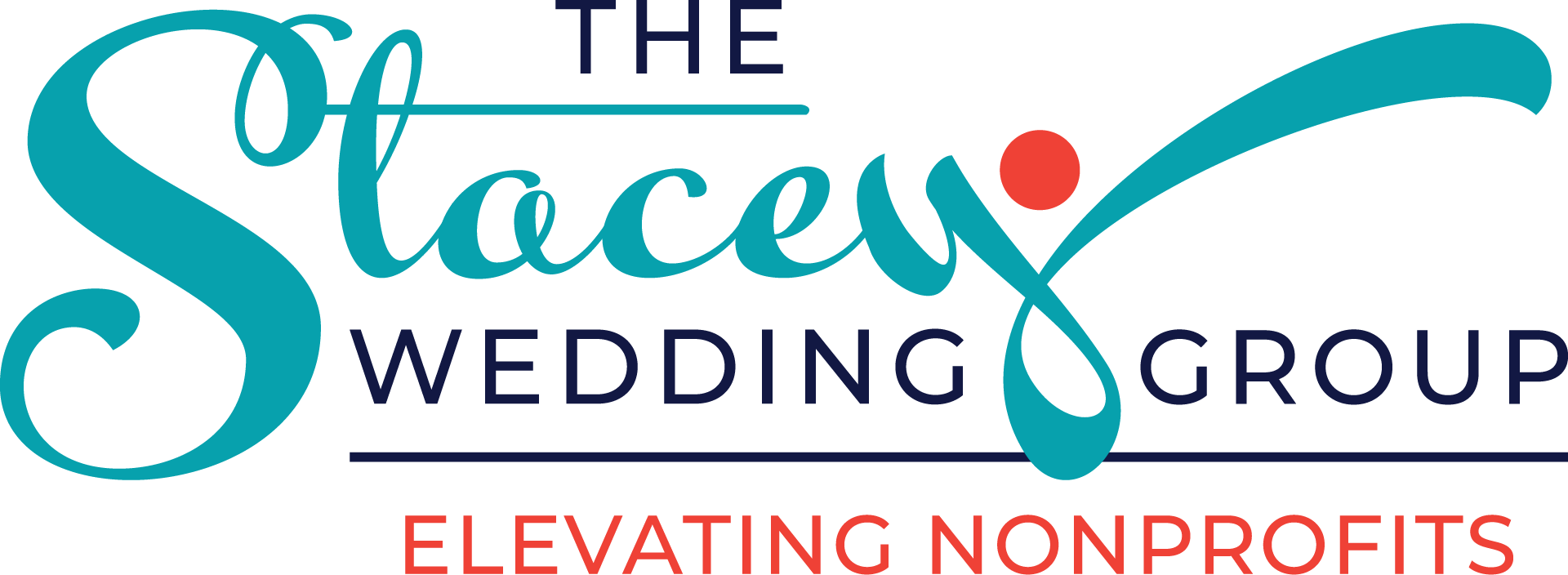Here at Professionals in Philanthropy, we have the opportunity to work with incredible community leaders and business partners who lend their expertise to make this community increasingly strong. Houldsworth, Russo & Company are a prime example, representing a group of knowledgeable Certified Public Accountants who assist with social change. The PiP team feels incredibly lucky to share some of their brilliance regarding nonprofit financial statements. A special thanks is due to Jessica Sayles, CPA for this insightful piece.
So, you’ve been asked to sit on a nonprofit Board of Directors. You’re excited, you’re ready to get out there and do some good in the community, you’re…looking at financial statements? You may not have realized that a key part of your responsibilities as a board member is strong financial oversight, and you should be prepared to be proactive and engaged in this part of your board discussions.
You should be receiving, at a minimum, a balance sheet (also called a statement of financial position) and a profit and loss statement (also called an income statement or statement of activities) at every board meeting. Here are my 5 tips to help you understand how better analyze and interpret the financial reports you are receiving.
- Question everything! It is your duty as a board member to question what you don’t understand. Your questions will provide clarity to the whole group and will help to discover potential issues in financial reporting.
- Ask for comparative information. When your financial results for the current period are presented with financial results from previous periods, you receive a more complete financial picture. You should question why there are large variances between periods if they were unexpected. Likewise, if you expected results to be significantly different than the previous period but they’re not, you should understand why.
- Ask for a budget versus actual comparison. Your organization probably spent a good deal of time crafting and perfecting the budget for the year. It is important to review the results of the organization compared to the budgeted results (1) to understand if the organization is performing at the expected level and (2) to understand if there are issues in the budgeted numbers and learn how to prepare a more accurate budget in the future.
- Compare financial results with program results. If you know that program activities are increasing or decreasing, you should expect financial results to be comparable. For example, if your nonprofit is helping 25% more homeless veterans this year than last year, you would expect expenses related to homeless veterans to also increase. If you don’t understand how your financial reports relate to your program results, you should ask why there is a difference.
- Understand who is preparing your reports and how the information is assembled. You should understand the qualifications of the person/people preparing your financial information to ensure that the quality of the reports you are receiving are suitable to your nonprofit’s needs. You should know the people are involved in the financial reporting process to ensure the integrity of the financial information. You should know if your financials receive an audit, review, and/or compilation and how often these services are performed by an external accountant.
Financial results are rarely the most exciting part of your board discussion, but they are the lifeline of your nonprofit. Utilizing the 5 tips above will help you to make the most of your financial reports.
